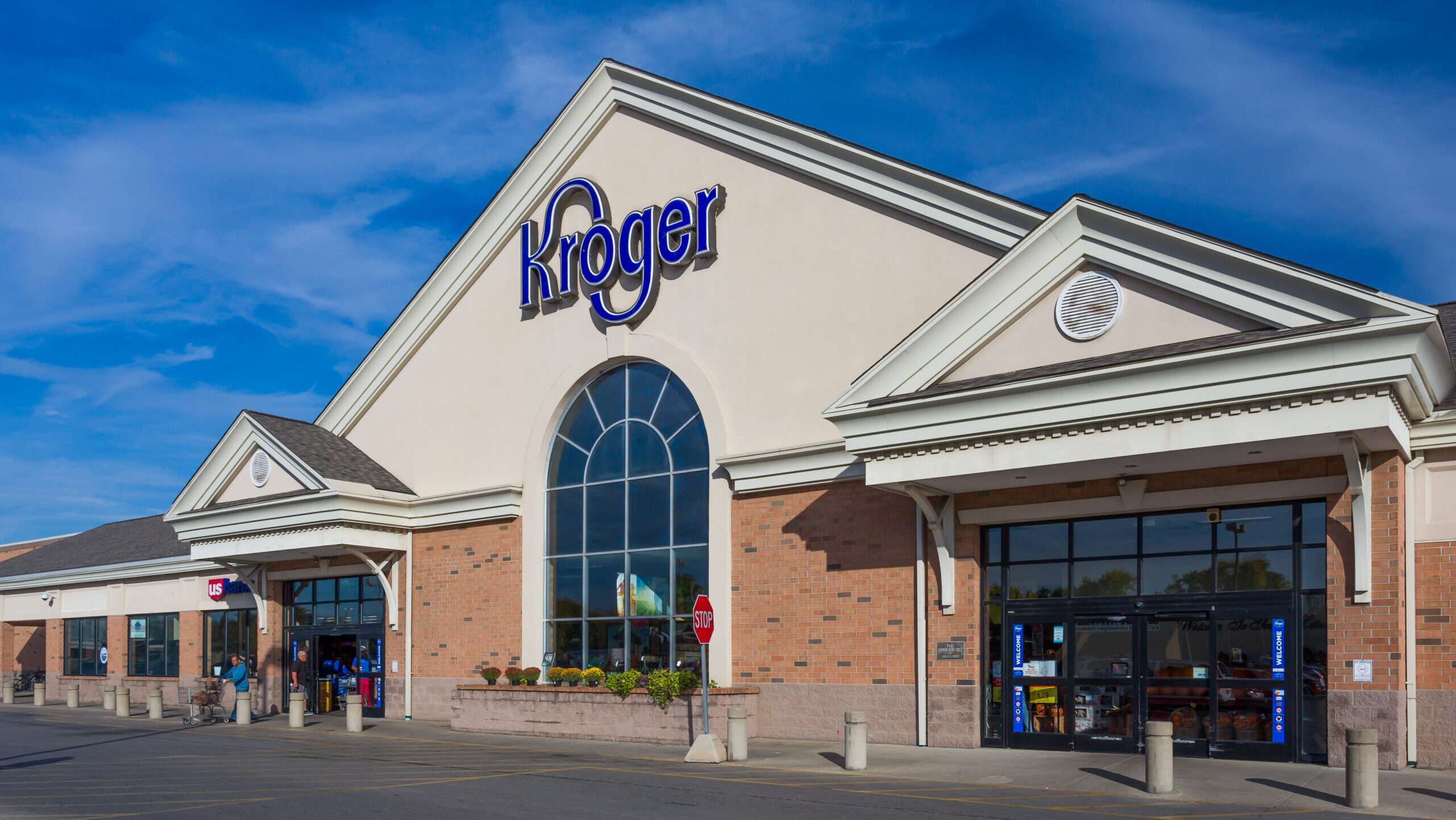The 2024 election is filled with headlines, but one of the key issues on everyone’s mind is the rising cost of food. The GOP is preparing to criticize the Biden-Harris administration for the increasing prices at grocery stores, while Democratic nominee Kamala Harris has unveiled her own plan to tackle the issue.
One major point of contention is the Federal Trade Commission’s (FTC) efforts to block the Kroger-Albertsons merger. Several Democratic lawmakers have joined the fight, arguing that the merger could lead to higher prices and other negative consequences. Harris has called for stricter antitrust measures in the food industry, specifically mentioning the Kroger-Albertsons merger in her recent speech.
The saga began in 2022 when Kroger and Albertsons announced their merger plans. The FTC launched an investigation and filed a lawsuit to block the merger.
Despite the FTC’s concerns, a merged Kroger-Albertsons would only represent 9 percent of overall grocery sales. Walmart, Amazon, and Costco would still dominate the market.
The FTC’s definition of the grocery market excludes online retailers like Amazon and club stores like Costco, which are significant players in the industry.
Critics argue that food price increases are more likely due to inflation rather than lack of competition in the grocery market.
The FTC’s focus on potential harm to unionized workers and store closures overlooks the changing landscape of grocery shopping, including online options and club stores.
Despite criticisms, the FTC’s challenge aligns with the Biden administration’s antitrust efforts. Harris’s new food price agenda indicates a continued focus on antitrust enforcement.





